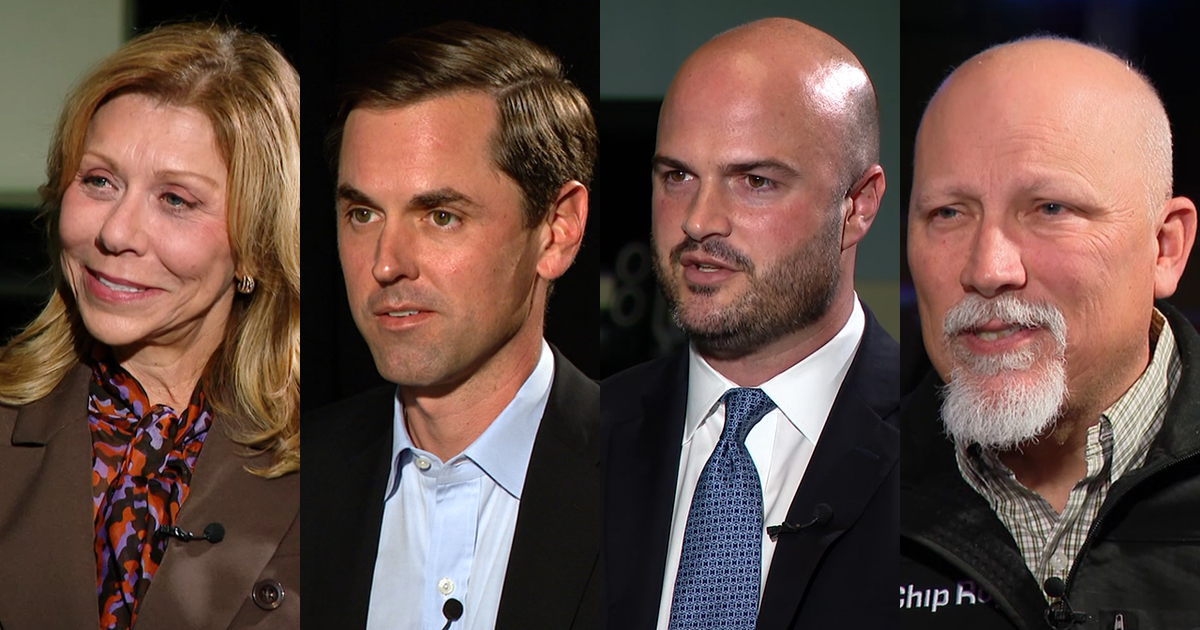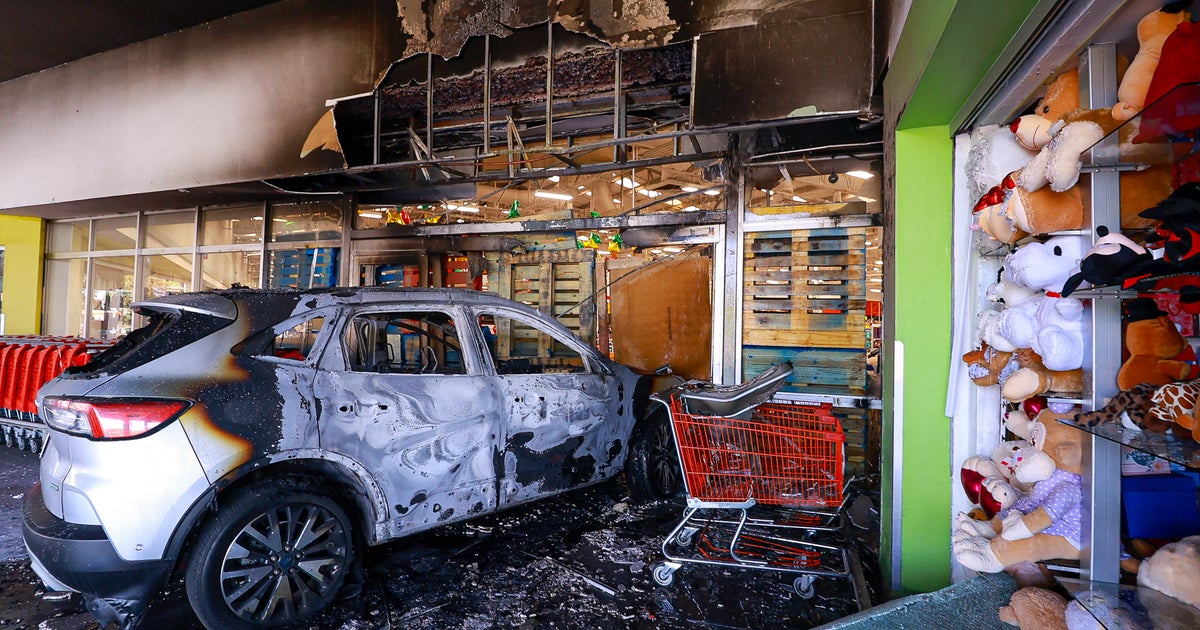Julian Castro describes plan to combat white nationalism and gun violence
Democratic presidential candidate Julian Castro has a plan to combat white supremacy as the nation grapples with with recent mass shootings in El Paso, where authorities say the perpetrator confessed that he was looking to kill "Mexicans," and Dayton. White nationalism, Castro told CBS News correspondent Ed O'Keefe in an interview at the Iowa State Fair, is a growing threat that's translating into domestic terrorism.
Castro said his plan aims to fight white nationalism and gun violence not just through stricter gun control laws and additional funding for combatting domestic terrorism, but by investing in cross-cultural exchanges so people have a better understanding of those who are different from them.
"I think that we can catch it sooner, before it actually turns into violence," the former Housing and Urban Development secretary said.
"We can prevent it by making sure that these weapons of war are not on the street. We can also ensure that we have better tools to investigate something once it happens. I think, when we're talking about changing the hearts and the minds of people that are headed down the road of white nationalism, that means that we have to be better about ensuring that people are exposed to different ideas and different types of people in our country."
The Latino community, Castro said, has been contributing to the United States' success for generations, and everyone has to push back against any kind of scapegoating of the Latino community or viewing them as other. Even in 2019, the Latino community is often an invisible one, Castro said.
Castro also said that there is a pervasive fear and anxiety in the Latino community because so many have heard racist comments in passing.
"All of us have experienced that, I mean I can't tell you how many times in my time in public service I've experienced that, whether it's from Twitter or through emails or every now and then, a letter," Castro said.
"Somebody will say 'dirty Mexican, go back where you came from.' Or use some other slur. That happens to Latinos all the time, and I think most Americans don't like that, don't want that to happen, but maybe they're not as aware that that happens as maybe they know happens to some other people in the United States."
Will Bjarnar and Kathryn Watson contributed to this report



